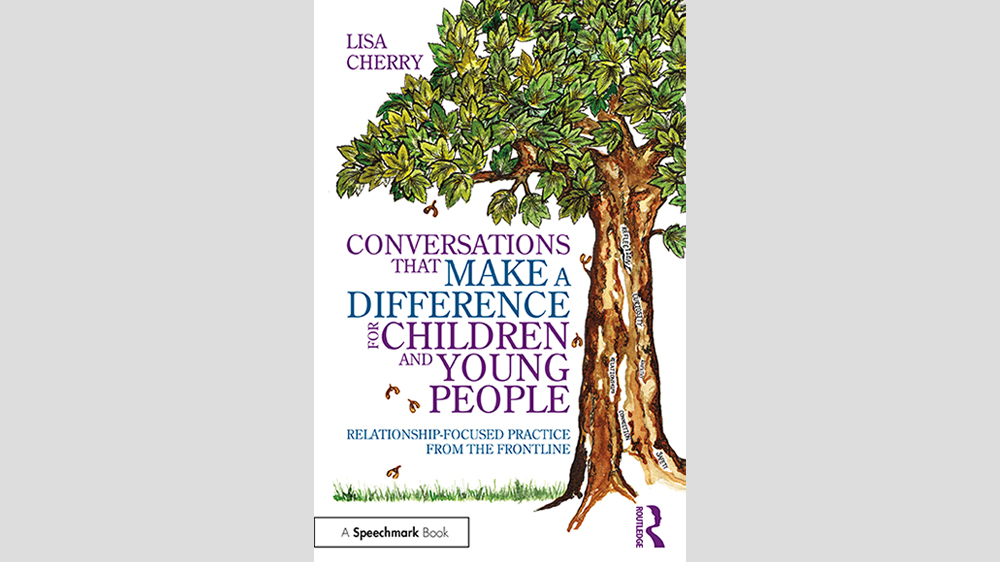
11 May 2022
We recently read Conversations that Make a Difference for Children and Young People by Lisa Cherry in the EMCC UK Book Club. Carole Whyley writes below with her thoughts and responses to the book.
Conversations that Make a Difference uses the art of conversation to consider a range of issues that affect vulnerable children and young people today, through the lenses and experiences of a range of public sector professionals, working in complex and difficult circumstances. Its aim is also to provoke thought and discussion on what changes need to be made both individually and systemically to better meet the needs of those affected by trauma.
The book meets its purpose beautifully and uniquely and although it will be of particular interest to those who want to develop their understanding and approach to working with young people affected by trauma, those young people grow into adults and so might be of interest to anyone who wants to make a difference to people in a variety of contexts.
I particularly liked the way way that the content was created through conversations, with reflections and discussion points to consider after each one. Having a background in education, my curiosity was really piqued by the conversations with professionals from other fields.
Conversations that Make a Difference is well structured and flows through the journey of trauma. It tackles head on issues that are difficult to discuss and put into words. There are opportunities for learning in so many ways and it is a starting point for much further learning that can be taken in all sorts of directions, depending on focus and interest. It is a book I will re-read and keep referring to.
The book particularly encourages learning and reflection, simply by tackling the topic through the use of conversation, but also with the reflections and discussion points provided after every conversation.
The topic is incredibly current and accurate, which makes this a book of our times. The conversations take place with credible and experienced professionals from a range of fields, and provide fresh insight and understanding on difficult and complex topics in a range of contexts.
Conversations that Make a Difference has greatly added to my learning and is something I will build on further, take in different directions, and apply in a range of contexts. As a result of reading this book I have been encouraged to reflect on trauma more generally and its impact, and how I can consider that in the everyday conversations I have, as well as in professional circumstances.